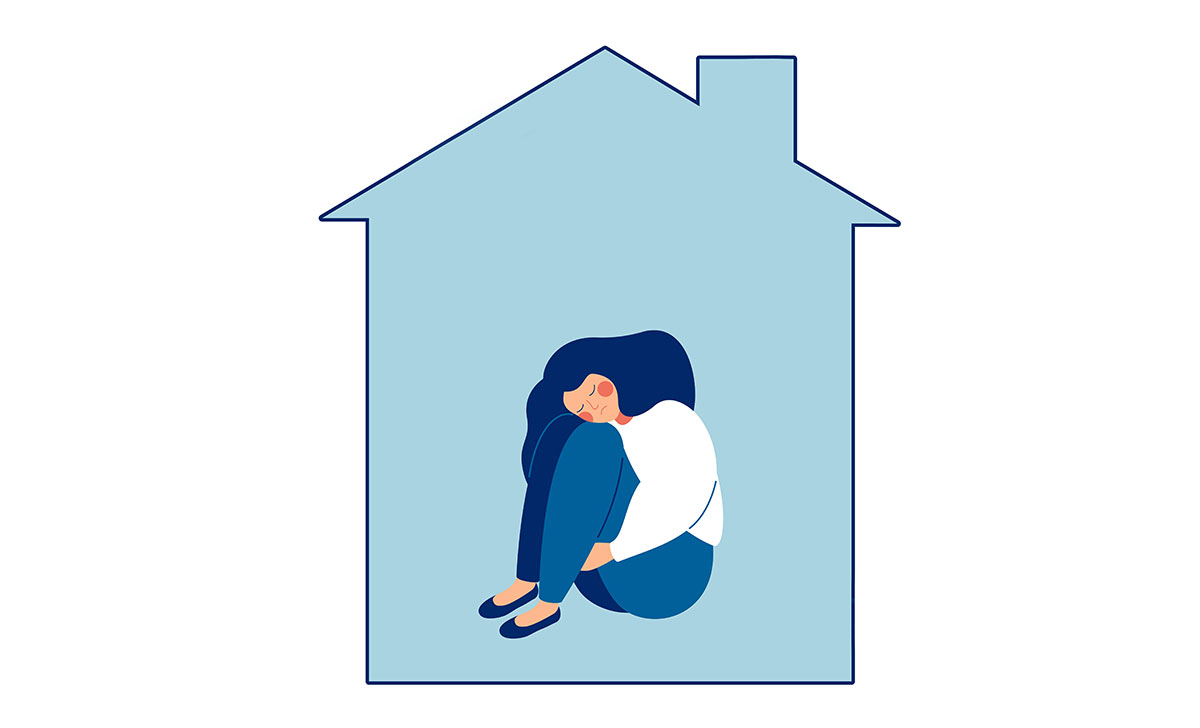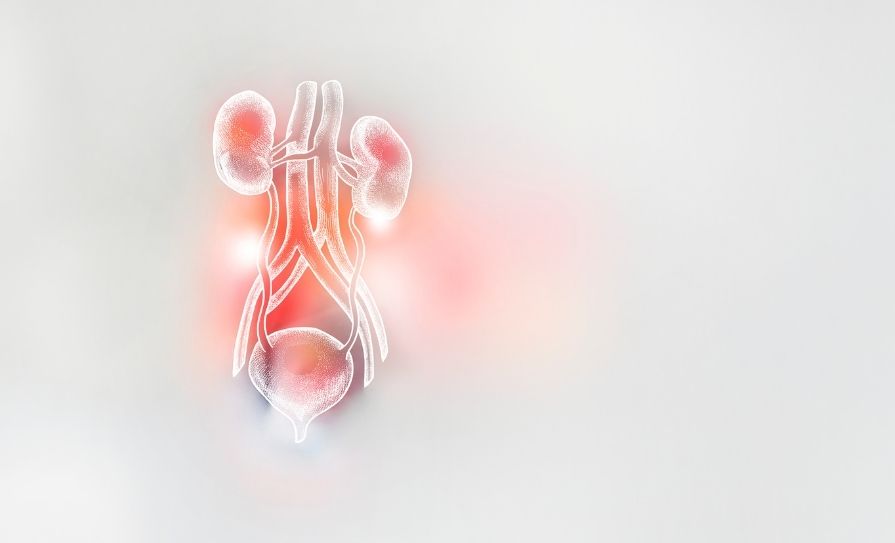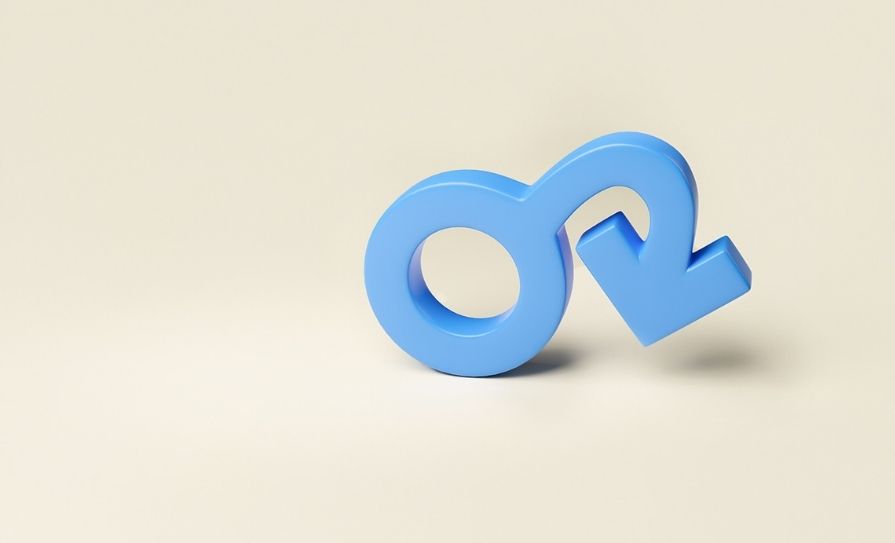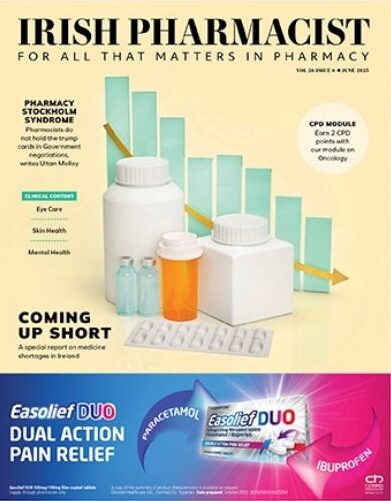Over 850 Participating Pharmacies Will Provide Victims With Access To A Phone And Contact Details For Support Services In The Security Of Their Private Consultation Room.
A new initiative to enable people experiencing domestic abuse and coercive control to receive support in their local pharmacy was launched nationwide recently. ‘Safe Pharmacy’ is being led by the Irish Pharmacy Union (IPU) in partnership with Safe Ireland, An Garda Síochána, and the HSE.
Safe Pharmacy will see over 850 community pharmacies, in every county in Ireland, providing any person who is experiencing domestic abuse with a safe and secure location to seek support. Participating pharmacies will provide access to a phone in a private consultation room and contact details for local support services. This will allow victims to make that important call, for example, to a family member, local specialist domestic violence services, or An Garda Síochána.
Anyone who is experiencing a domestic abuse situation and wishes to seek the support provided is being advised to look for the purple ‘Safe Pharmacy’ sign on the window displays of participating pharmacies. In the pharmacy, they are being advised that they should ask to speak to the pharmacist in the consultation room. As this happens multiple times a day in every pharmacy, the public are being advised that this will not appear ‘out of the ordinary’ to anyone who is in the pharmacy at the time. In the privacy and security of the consultation room, the person can inform the pharmacist that they require support and this will be provided.
TRUST
Welcoming the launch of Safe Pharmacy, community pharmacist and Safe Pharmacy participant Ms Oonagh O’Hagan said: “Domestic abuse is an issue that affects people in every community. Safe Pharmacy will create access to safe points of contact in practically every town and village in the country. Pharmacies are a trusted part of our communities, with highly-trained and compassionate staff. By partnering with Safe Ireland, An Garda Síochána and the HSE, we hope that this initiative will provide a pathway from abuse for those who are experiencing it.
“Anyone who seeks the support of a Safe Pharmacy will be treated with compassion and respect can and be assured of full confidentiality,” she continued. “In the safety and privacy of our consultation rooms, they will be provided with information, contact details and a means to access additional support from specialist domestic violence services and An Garda Síochána.
“For anyone who is in need of help, I would say to them: ‘All that’s needed is that you ask for help. You will be prioritised. You will be believed. You will be supported’.”.
Detective Superintendent Sinéad Greene, Garda National Protective Services Bureau (GNPSB), An Garda Síochána, added: “Sadly, it’s often the case that victims of domestic abuse and coercive control feel that they don’t have someone to turn to for vital support or to disclose what they are experiencing.”
REASSURANCE
“The Covid pandemic made it even more difficult for victims to seek safety and in response, Gardaí continue to reach out to provide reassurance and to guide those affected to access local and specialised resources. In extending access to their private consultation room, the pharmacies that are part of Safe Pharmacy will be providing victims with a safe environment to access support, away from the perpetrator.
“This important initiative will complement all our work in the area, particularly around Operation Faoiseamh, which specifically focuses on protecting the victims of domestic abuse. Gardaí will be working closely with these pharmacies nationwide to encourage victims to access several free and confidential supports.”
Ms Kate Mulvenna, MPSI, Head of the Pharmacy Function, HSE PCRS, also commented: “This is a really important initiative and I would encourage people at risk and those experiencing domestic abuse to avail of this service in pharmacies, particularly if access to phones is monitored and limited. Domestic abuse includes physical, emotional and sexual abuse and can happen to anyone. Safe Pharmacy provides the mechanism for a standardised, quality-assured access point offering across the entire country, and the HSE is committed to ensuring that people experiencing domestic abuse get the help that they need.”
‘SILENTLY SUFFERING’
Commending the initiative, Ms Mary McDermott, CEO of Safe Ireland, said: “Safe Ireland is delighted to be partnering with the IPU in the roll-out of the Safe Pharmacy initiative as a community response to support people silently suffering from domestic abuse.
“Participating pharmacies will provide a confidential space where a victim can make safe contact with a specialist domestic abuse service or can reach out to An Garda Síochána for emergency support. Pharmacies are trusted locations and Safe Pharmacy is an exemplar of the type of skilled community response necessary to facilitate pathways from violence for women and children.
“Priming competent personnel in local pharmacies to partner with specialist trained services in the locality will contribute to the emergence and growth of safer communities into the future. This initiative provides a mechanism for a standardised, quality-assured, safety access-point offering across the entire country and Safe Ireland commends the IPU for its leadership role in responding to the ongoing surge of violence against women.”
Responding to queries from Irish Pharmacist (IP), Ms McDermott commented on the potential for the initiative to have a positive impact for not only women experiencing domestic violence, but also the often under-recognised number of males and children who need similar help.
“This is an important project for Safe Ireland. Developing clarity, competence and capacity in responding to domestic sexual and gender-based violence (DSGBV) at community level is a key goal for us,” she said.
Regarding concerns around male victims of DSGBV — adults, young people and children — she commented: “Safe Ireland is a network of 38 independent refuge and/or support services around the country and indeed, they do respond to male victims, most obviously boys, but also adults whom we refer to specialist support, wherever necessary.
“Our network, for the most part, responds to female adult victims and their children… DV is predominantly experienced by females. We do, however, have close collegial connections with our colleagues in the Men’s Development Network and Men’s Aid, both of which respond specifically to male victims of coercion and abuse. This link is on our website and directs male viewers/queries to these supports (https://www.safeireland.ie/ get-help/information-for-male-victims/). So, we are both aware, and indeed actively collaborate, with those organisations who support men and boys.”
Ms McDermott continued: “More importantly, Safe Ireland have, for several years now, explicitly called for speaking about and understanding the nature of DSGBV as a type of power and control which runs along the lines of ‘sex, gender and sexuality’. This is the axis of domination, exploitation and coercive control specific to our sector, as the name suggests. In this frame, we can see that under each category, whether sex, gender or sexuality (or all three, simultaneously, as is often the case), there is a hierarchy of power, status and access to resources which drives how we run our most intimate lives,” she told IP.
“Because of the serious imbalance in those interlocking personal and social systems, serious abuse often arises. In it, intimacy and intimidation are too often confused, creating great suffering. So, we do address the issue of female perpetrators. All of this work requires resources. We welcome the focus Minister McEntee has brought to this issue, and indeed the active engagement with the IPU in this work. We have worked with individual, community and commercial groups throughout the Covid ‘double pandemic’ to create communities who know how to respond to these devastations. We hope the creation of the new dedicated DSGBV National Agency and the recently launched 3rd National DSGBV Strategy will begin to reshape how we face and respond to one of the most destructive social problems we have in Irish society. It is a keystone problem which gives rise to many more.”
Elaborating, she emphasised that “Safe Ireland absolutely reject attempts to evade or erase the problem through the use of ‘false reversal’ or ‘false comparison’ between males and females, men and women, masculine or feminine, in these matters. Our lives, for good or ill, are fundamentally structured by these social and personal ‘forces’ and so, Safe Ireland consistently calls for a sex, gender and sexuality-sensitive response to DSGBV, wherever, however, and in whomever it occurs.
“Female and male, victims and perpetrators, have different presentations, and need very specific responses. For example, male victims leaving an abusive relationship are far less likely to be at risk of assault or indeed, murder, are less likely to have children with them, as is the case with female victims.”
Ms McDermott also touched on the stigma that often prevents males from coming forward for help. “By the same token, the very identity of males, as ‘men’ or masculine, is threatened and undermined in the case of male victims in a way which often prevents them from coming forward. There are many layers to this deep-seated and large-scale social problem — patriarchies, sexisms and misogyny pervade our societies — and we understand it. We attend to the most pressing and large-scale presentations, within the resources we have.
“The IPU initiative is a very positive and open project where, we hope, the shame, stigma and silence around DSGBV is lifted, and where all of us feel able to educate ourselves and act in a safe and responsible manner.
“Safe Ireland’s collaboration and training with the IPU within this project reflects the understanding I have set out here. Staff at local pharmacies know this — their role is to respond competently to whomever comes forward. Safe Pharmacy staff provide access to their confidential consulting rooms, where those who come to them can make contact with their local DSGBV Services, Guards, friends or family,” she concluded. “Surveillance… is a key means of controlling in cases of DSGBV, so this safe supportive space which gives access to a phone is a crucial support.
“Pharmacies provide community-level trusted spaces and personnel across the country and they are now linked to other local DSGBV agents through this initiative. It is a huge and positive initiative.”







